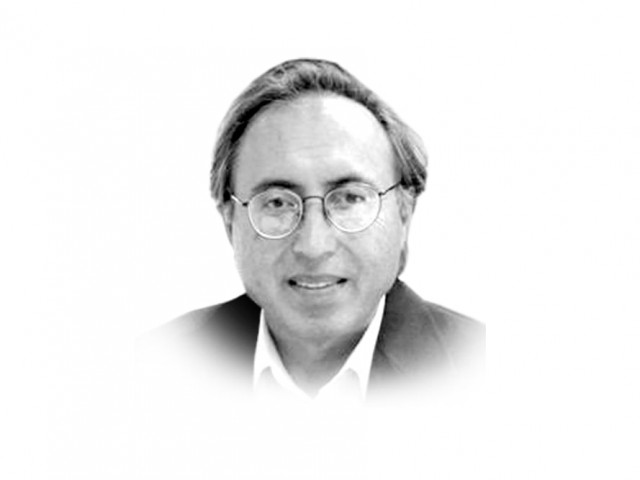Changing politics
Given the unsatisfactory state of politics, can we change our political direction, and how can we do it?

The growing numbers of middle class urban intellectuals, now active in civil society groups, have an equally dim view of political parties. They compare Pakistan with South Korea, Malaysia and Turkey, and often with a thriving India, and lament how our elected or democratic political elites have failed them. Never have the views of Pakistan’s civil bureaucracy and military leadership been generous about our parties and their leaders. One of their rationales for stepping in and ruling Pakistan, destroying every democratic norm and institution, was that the leaders and parties they displaced had hardly any clue about how to make Pakistan a great country and improve living conditions for ordinary citizens.
Given the complex challenges we face, from peace and security to unemployment and inflation, the negative impressions of political parties are likely to grow deeper and wider. The popular political talk shows on our vibrant but intellectually shallow electronic media have accentuated political discord and conflict among rival political parties, and this tends to show politics in a very bad light in the public eye.
With this long preface, I wish to raise two questions about politics; can we change our political direction, and how can we do it? Here, it is necessary to highlight the class character of the ruling political elite and their critics. One comes from dominant social classes and it seems politics is their first choice in life and they use their privileged position in society to seek popular legitimacy. The critics belong mainly to the middle classes, the product of the relative modernisation of the country and economic development.
Actually, it is not a question of class conflict but rather of conflicting views and very different understandings of society and politics. Of course, their social class orientations shape whatever views they have. The problem with the middle class critics who apparently think that Pakistan should have a different destiny is that they cannot change the politics of the country by just remaining critics. I am sure that, over time, a critical media will better educate the masses but we also run the risk of greatly alienating the masses from popular parties, thus paving the way for non-democratic forces.
It would be a denial of history and rubbishing of experience of better-governed societies if we ignore the positive view of politics. Politics is an instrument to empower people as well as the elite and give a particular direction to society. We can change politics but the change cannot begin and end with a cup of tea. In the case of Pakistan, we must bring the middle class intellectual and younger generations, that appear to be better educated and have a deeper concern about the country and society, into mainstream political parties.
A change in the political culture of the political parties is possible but that will be a slow and daunting task and will depend on how the new recruits will shape the inside discourse. I believe no party, even the dynastic ones that we have to contend with, can stay for long in the political arena without new groups of thinking men and women of younger generations joining them. Or there could be a social movement for revolution which could then take the shape of a party. The question here would be how will this happen and who will do it?
Published in The Express Tribune, November 29th, 2010.
















COMMENTS
Comments are moderated and generally will be posted if they are on-topic and not abusive.
For more information, please see our Comments FAQ